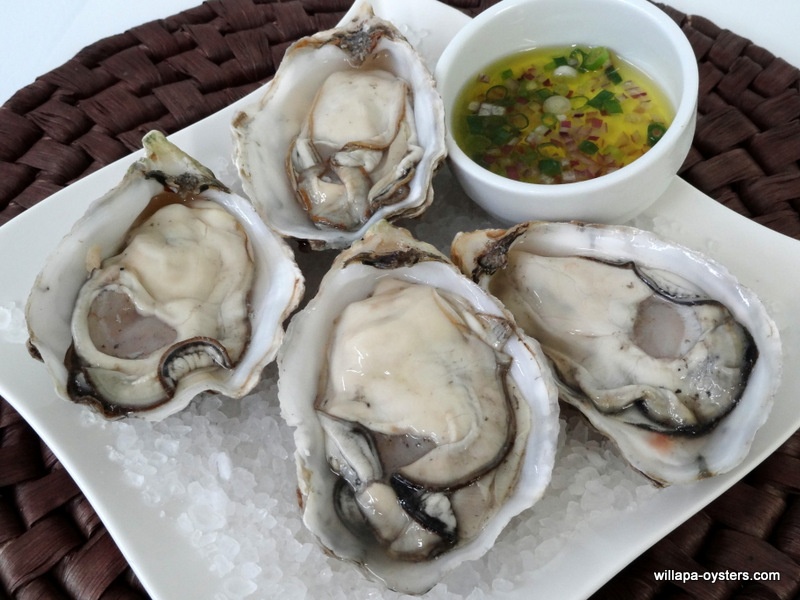Alternative Therapies
Zinc

by Tammera J Karr, PhD, BCHN, CNW, CGP
So often we forget about the nutrients that have been around for decades. Zinc is one of those minerals that have a multifaceted nature. Forty years ago the essential nature of zinc and human health was first reported in the Middle East. It is required for cellular enzyme function, the formation of hormones, and it provides the immune system with a unique skill – zinc is used by the immune system to strengthen the T-helper cells. The current estimate is that over 2,000 transcription factors may be zinc-dependent.
Zinc affects multiple aspects of the immune system. Zinc is crucial for the normal development and function of cells mediating innate immunity, neutrophils, and NK cells. Macrophages also are affected by zinc deficiency. The ability of zinc to function as an anti-oxidant and stabilize membranes suggests that it has a role in the prevention of free radical-induced injury during inflammatory processes.
The role of zinc in modulating oxidative stress has recently been recognized. Oxidative stress is an important contributing factor in several chronic human diseases, such as atherosclerosis and related vascular diseases, mutagenesis and cancer, neurodegeneration, immunologic disorders, and the aging process.
In studies of zinc deficiency, researchers found when zinc intake was insufficient it resulted in; decreased serum testosterone level, oligospermia, severe immune dysfunctions, hyperammonemia, neurosensory disorders, and decreased lean body mass. It appears that zinc deficiency is prevalent in the developing world and as many as two billion subjects may be growth retarded due to zinc deficiency. Besides growth retardation and immune dysfunctions, cognitive impairment due to zinc deficiency also has been reported recently. Our studies in the cell culture models showed that the activation of many zinc-dependent enzymes and transcription factors were adversely affected due to zinc deficiency.
For viruses to anchor to cells, we have to have a week immune system, which is a result of poor diet, sleep and heightened stress. Zinc is pivotal in the effectiveness of the anti-malarial drug function being used for COVID-19, and it is responsible for loss or off-taste and smell being reported by those who have recovered from COVID-19.
A lack of zinc can make a person more susceptible to disease and illness, along with increased risk for macular degeneration and infertility. According to a study published in the American Journal of Clinical Nutrition, “zinc-deficient persons experience increased susceptibility to a variety of pathogens.”
According to the European Journal of Immunology, the human body needs zinc to activate T lymphocytes (T cells). T cells help the body in two ways: controlling and regulating immune responses and attacking infected or cancerous cells
Zinc is responsible for a number of functions in the human body, and it helps stimulate the activity of at least 100 different enzymes. Only a small intake of zinc is necessary to reap the benefits. The recommended dietary allowance (RDA) for zinc in the United States is 8 milligrams (mg) a day for women and 11 mg a day for men.
Vegetarians may require up to 50 percent more than the recommended intake of zinc because of the low bioavailability of zinc from plant-based foods.
Foods with the highest reported zinc content are:
the highest reported zinc content are:
raw oysters (Pacific),
beef, lean chuck roast
baked beans, canned
King Alaskan crab,
ground beef, lean
lobster
pork loin
wild rice
peas
yogurt, plain
pecans
peanuts
Zinc supplements are also available in the form of capsules and tablets. However, the tolerable upper limit for zinc is 40 milligrams for males and females over 18 years. It has been proven time and again that isolating certain nutrients in supplement form will not provide the same health benefits as consuming the nutrient from whole food. First, focus on obtaining your daily zinc requirement from foods, then use supplements as a backup if necessary.
To a Healthy Spring, Real Foods and Resiliency
Resourses
Prasad, Ananda S. “Zinc in human health: effect of zinc on immune cells.” Molecular medicine (Cambridge, Mass.) vol. 14,5-6 (2008): 353-7. doi:10.2119/2008-00033.Prasad


